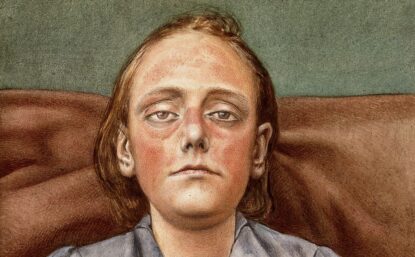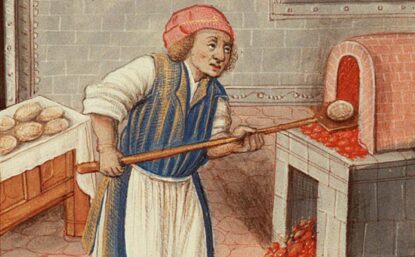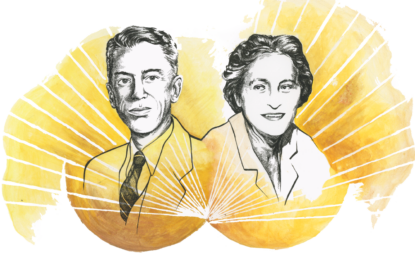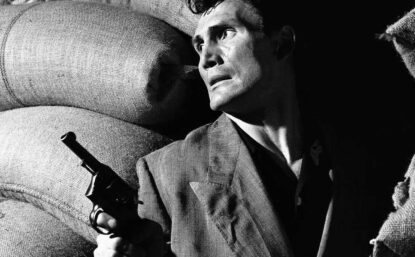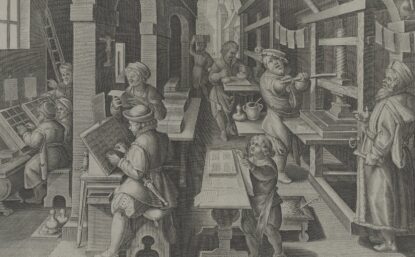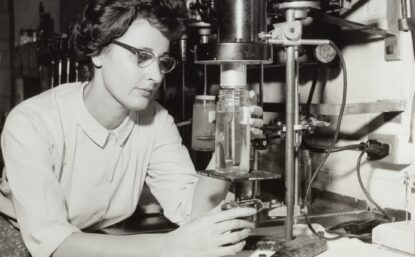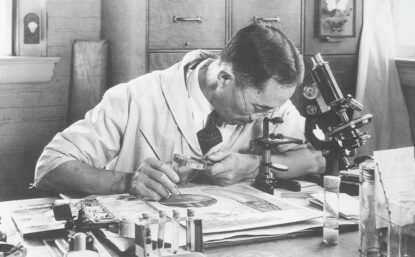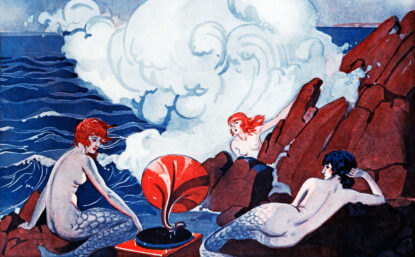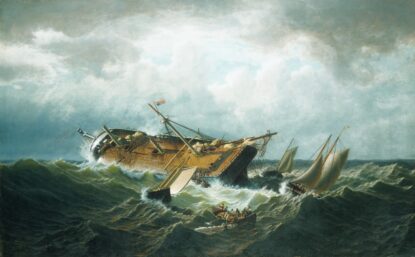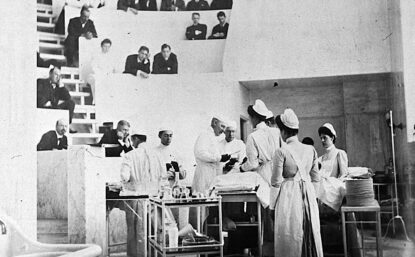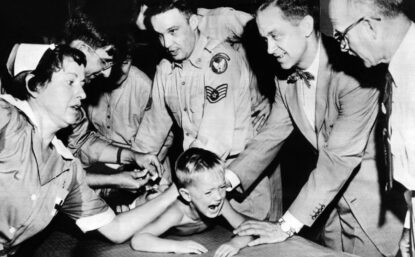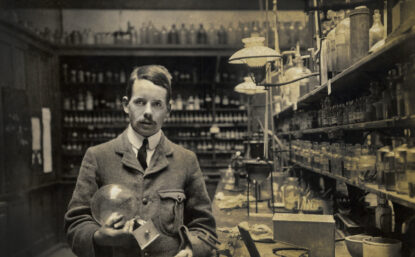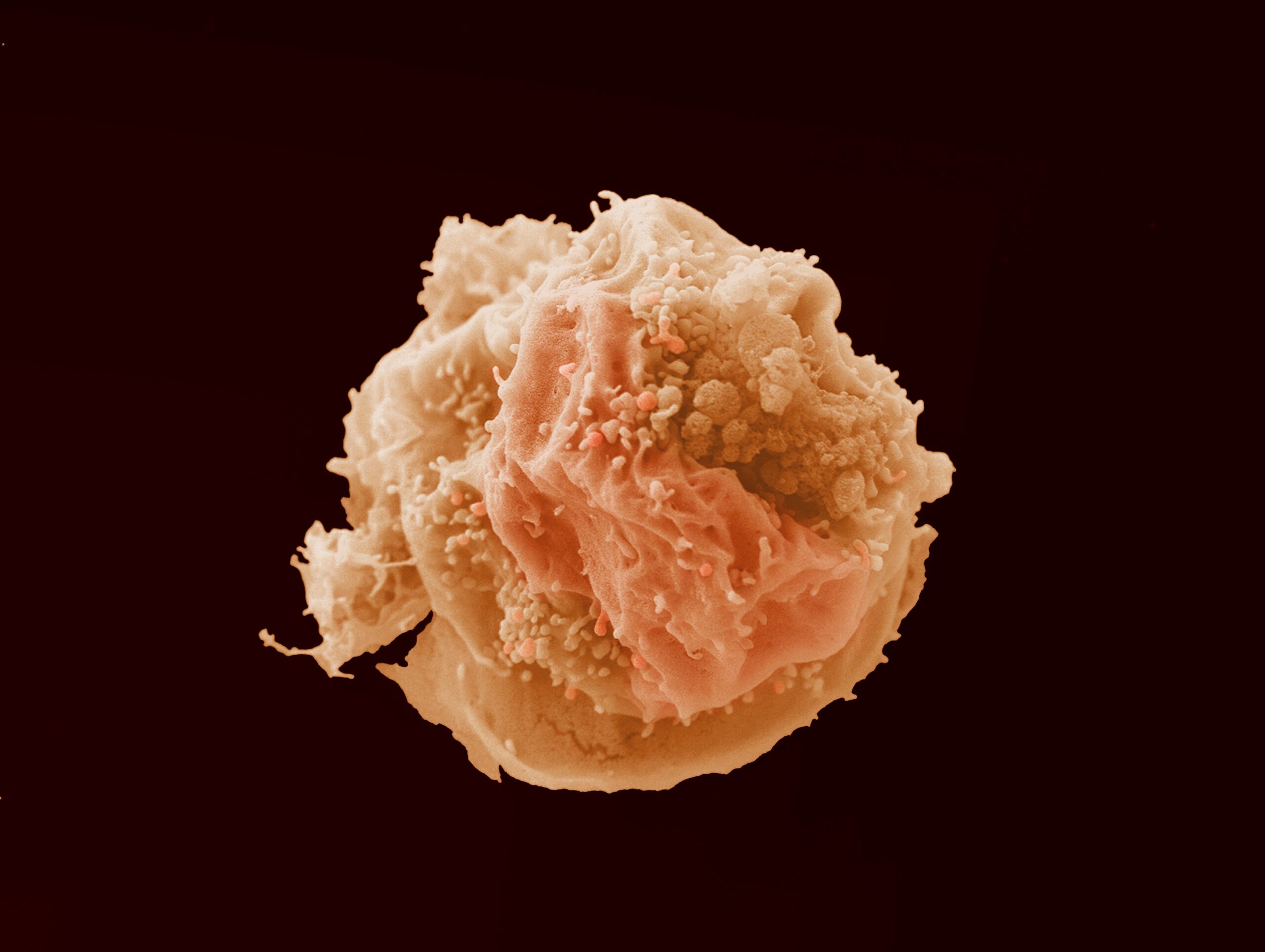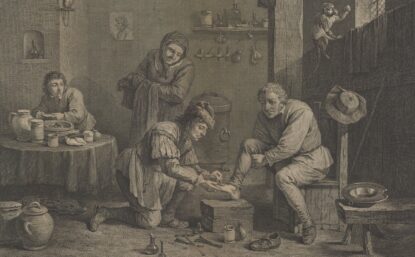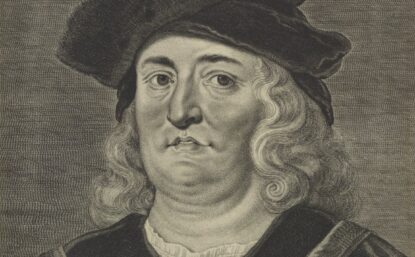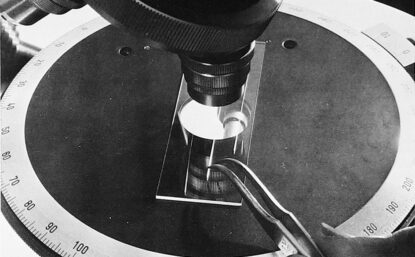Distillations magazine
Red the World Over
How a tiny cactus parasite called cochineal became one of the Spanish Empire’s most lucrative commodities.
Distillations articles reveal science’s powerful influence on our lives, past and present.
Joseph Goldberger’s Filth Parties
A crusading doctor’s stomach-churning efforts to beat back pellagra in the American South.
Stress Baking and the Comfort of Connection
Baking homemade bread anchors us to millennia-long traditions.
The Sun Queen and the Skeptic: Building the World’s First Solar Houses
In the mid-20th century, colleagues-turned-rivals Maria Telkes and Hoyt Hottel engineered new ways of heating American homes.
A Silent, Savage Menace: Reassessing “Panic in the Streets”
Elia Kazan’s 1950 film noir finds new relevance in a moment gripped by pandemic and social unrest.
Would a Book Lie?
The clues that betray a book’s disreputable past.
A Seat at the Table
A recent collection showcases the famous and not-so-famous women who have left their mark on the periodic table.
Hashime Murayama and the Art of Saving Lives
A wildlife painter who ran afoul of xenophobic authorities during World War II found refuge and renewed purpose in the lab.
The Inventions That Made Us Who We Are
Ainissa Ramirez tracks the (sometimes literal) ways technology can shape our lives.
Reginald Fessenden and the Invention of Sonar
How a radio pioneer transformed life at sea.
The Nurse Who Introduced Gloves to the Operating Room
Caroline Hampton and the forgotten origins of the first personal protective equipment.
The Story of Serum Therapy
How a 19th-century invention could save lives today.
Philadelphia Earth Week, Fifty Years On
The successes and shortcomings of the first Earth Day in 1970 still reverberate.
The Dual Legacies of Henry Moseley
After transforming the periodic table should the promising young scientist have been allowed to fight in World War I?
Who Needs a Mammogram?
In the fight against breast cancer, entrenched interests and outmoded ideas may be hurting patients.
Medicinal Leeches and Where to Find Them
The rise, fall, and resurrection of the humble leech.
Old Drug Ketamine Offers New Hope for Chronic Pain Sufferers
Will stigma and cost undermine the therapy’s promise?
Paracelsus, the Alchemist Who Wed Medicine to Magic
Historian Bruce Moran reveals the life of an itinerant doctor whose work influenced modern science.
The Rise and Fall of Polywater
What happens when an earth-shattering discovery runs up against the scientifically impossible?

